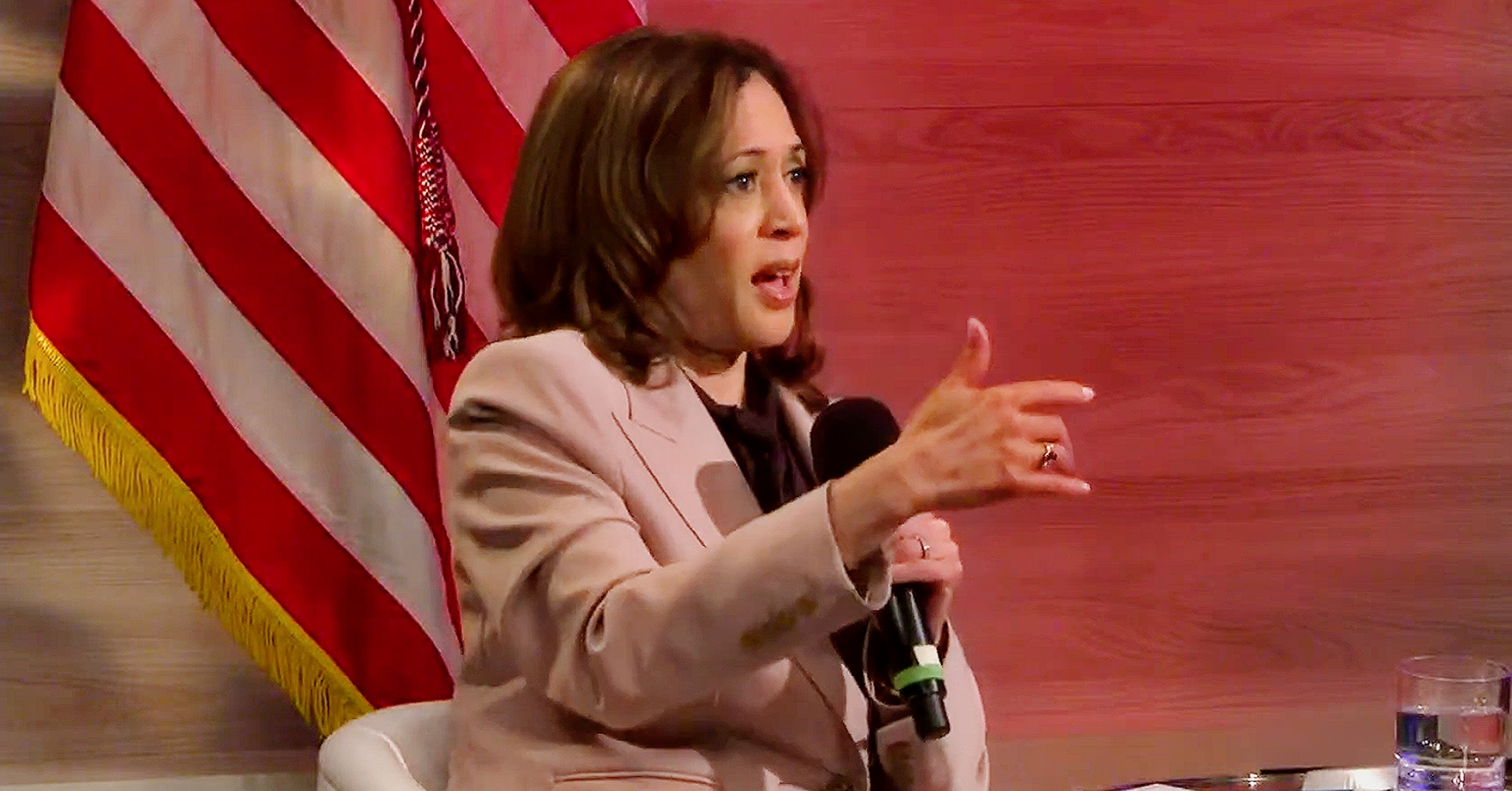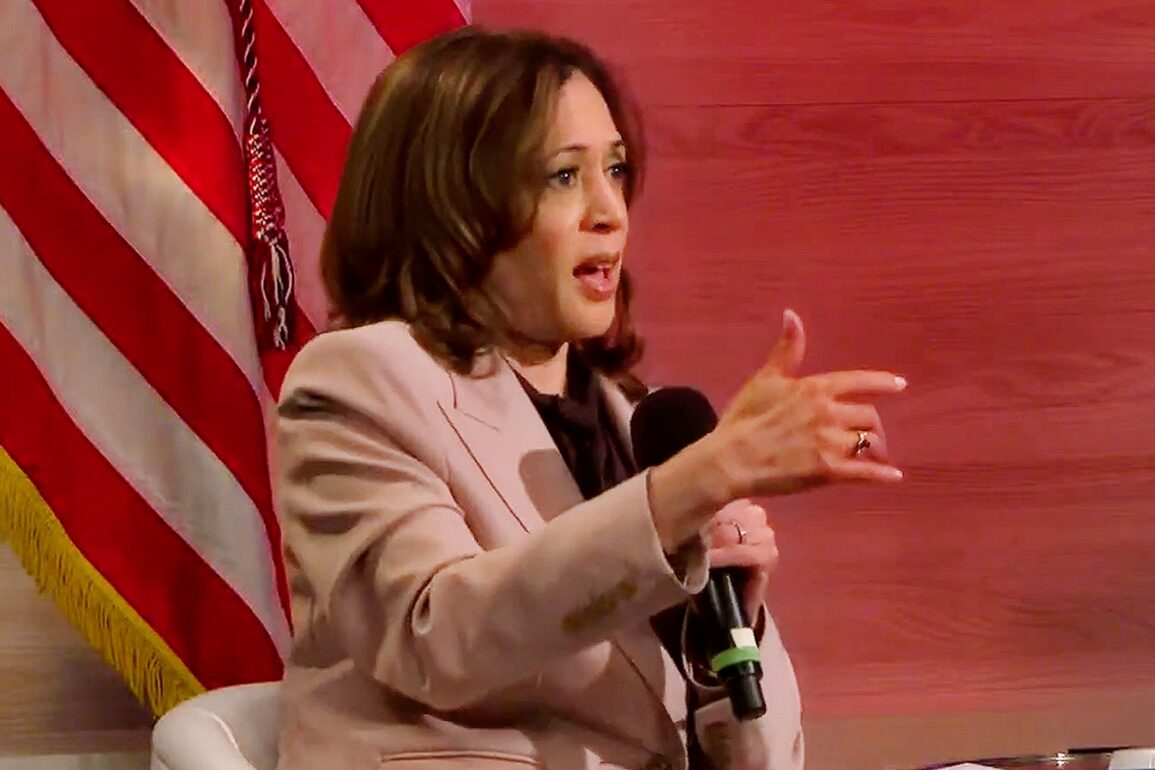
Vice President Kamala Harris ripped Republicans when an NABJ moderator asked about her support for a commission to study slavery reparations.
Harris participated in a panel Q&A hosted by the National Association of Black Journalists (NABJ) in Philadelphia on Tuesday. The moderators were Eugene Daniels, Gerren Keith Gaynor, and Tonya Mosley.
When Gaynor asked the VP if she would consider executive action on the commission that’s been languishing in committee for years, Harris was sure to rip Republicans like the ones who supported teaching that slaves “benefitted” from the training they received while enslaved:
GERREN KEITH GAYNOR: I want to switch gears to racial justice, Madam Vice President. Last month, you eulogized Congresswoman Sheila Jackson Lee. Yeah. Jackson Lee’s signature bill, one of a few was H.R. 40, which would create a commission to study the history of U.S. slavery and study the issue of reparations. She introduced H.R. 40 every session of Congress, taking up the mantle from Congressman John Conyers.
This is a bill that you have co-sponsored as a U.S. senator. Yet this has, despite the fact that this has been similar commissions have been created on the state level and on the local level is yet to pass in Congress, let alone come out of committee.
Congresswoman Jackson Lee, Congresswoman Barbara Lee and other advocates have called for President Biden to take executive action to to take to create this commission. Would you, as president, take executive action to create this commission, or do you believe that it should happen in Congress?
VP KAMALA HARRIS: Well, first of all, I just as you mentioned, Sheila Jackson Lee, she was an extraordinary leader who we just recently lost. And and she was a friend and a real champion for so many issues. So I feel compelled to say that about her.
On the issue of what we need to do going forward. Look, first of all, we just need to speak truth about history, in spite of the fact that some people who try to erase history and try and teach our children otherwise.
We need to speak truth about the generational impact of our history in terms of the generational impact of slavery, the generational impact of of of redlining, of Jim Crow law. I could go on and on and on. These are facts that have had impact.
And we need to we need to speak truth about it and we need to speak truth about it in a way that is about driving solutions.
And frankly, I think that we, you know, and part of that is is studying it to figure out exactly what we need to do.
But part of what we can do right now is, for example, what I’m talking about in terms of building an opportunity economy, which is addressing explicitly the obstacles that historically and currently exist and dealing with them. Student loan debt, medical debt, bias in home appraisals.
What we need to do in terms of dealing with an issue that I have championed for years, Black maternal mortality, which is the fact that Black women are 3 to 4 times more likely to die in connection with childbirth than other women.
And we know that the reasons for that include disparities that preexist her pregnancy, including disparities that exist in the system during her pregnancy. So all of those things must be addressed.
GERREN KEITH GAYNOR: But do you have a position on whether that should happen in this commission? Should it happen through executive order or via Congress?
VP KAMALA HARRIS: I think Congress ultimately will have the ability to do this work. I’m not discounting the importance of of any executive action, but ultimately Congress, because if you’re going to talk about it in any substantial way, there will be hearings, there will be a level of public education and dialog that.
And I think that was part of the the spirit behind the congressional action thus far to ensure that everyone can participate in this conversation in a way that elevates knowledge about history and the reference points that have that are the impetus of this conversation, especially, again, when people are trying to deny history, when people are, you know, so-called leaders are saying that enslaved people benefited from slavery. I mean, let’s talk about the delta here in terms of the work that needs to be done. It’s a profound.


